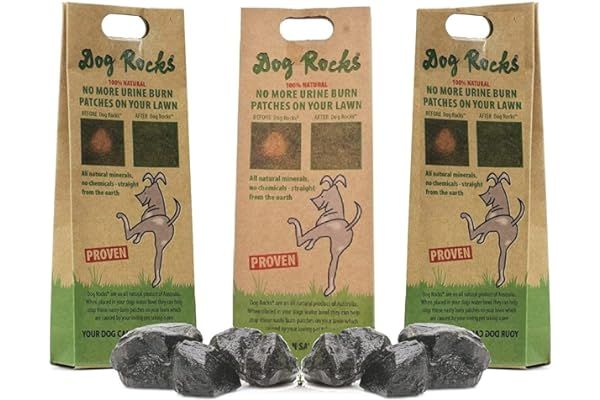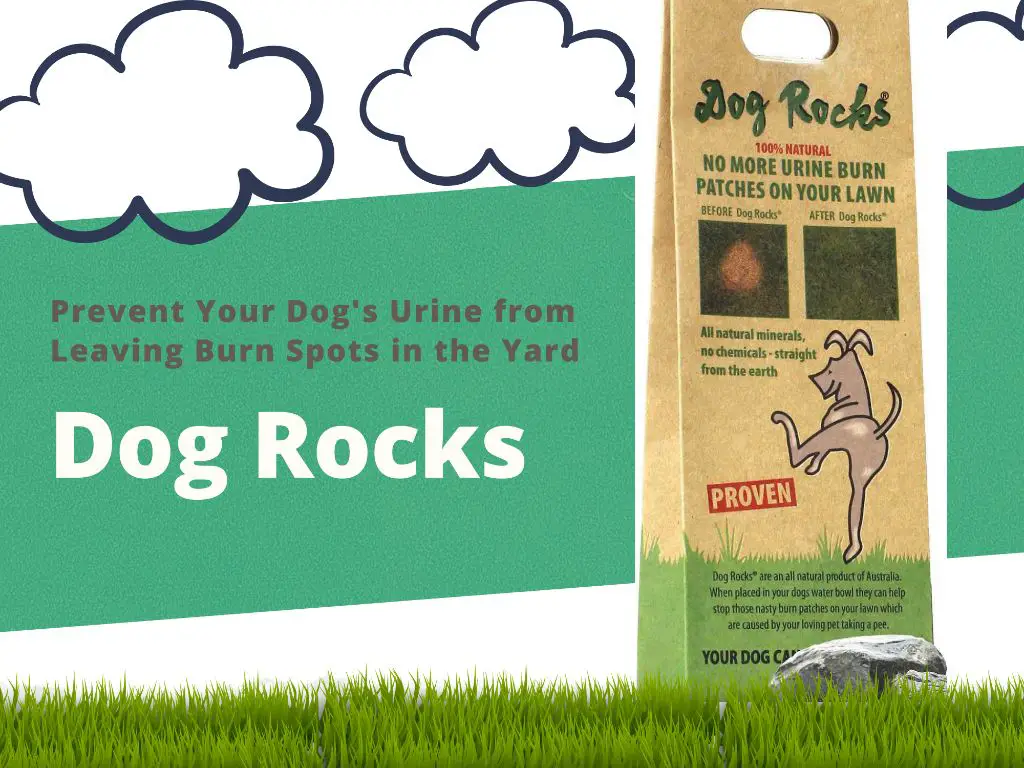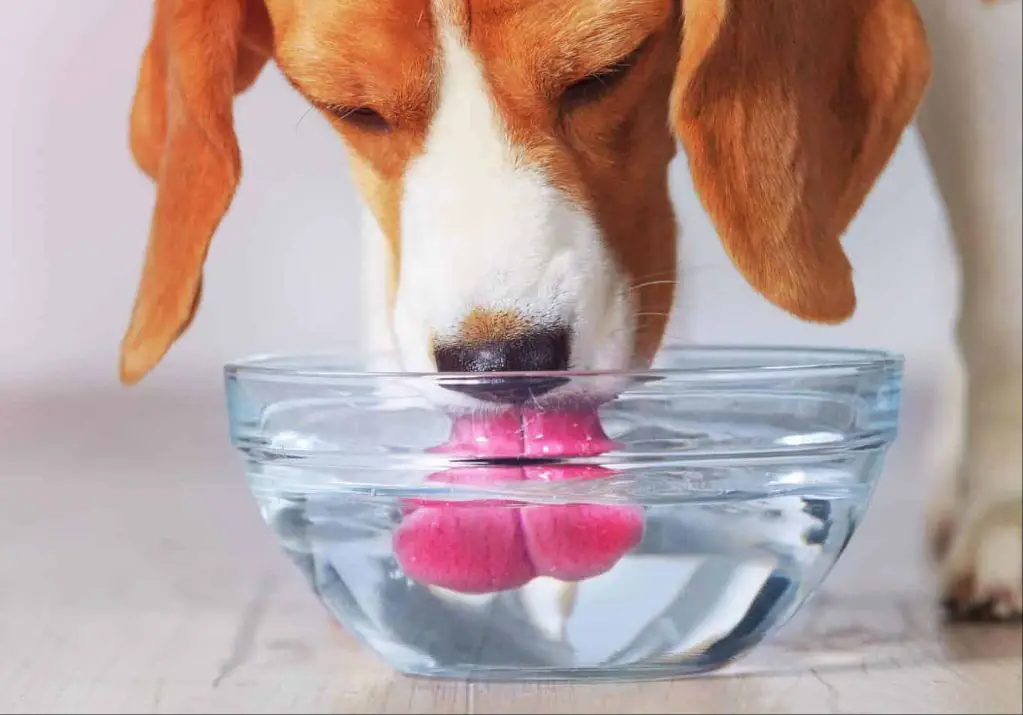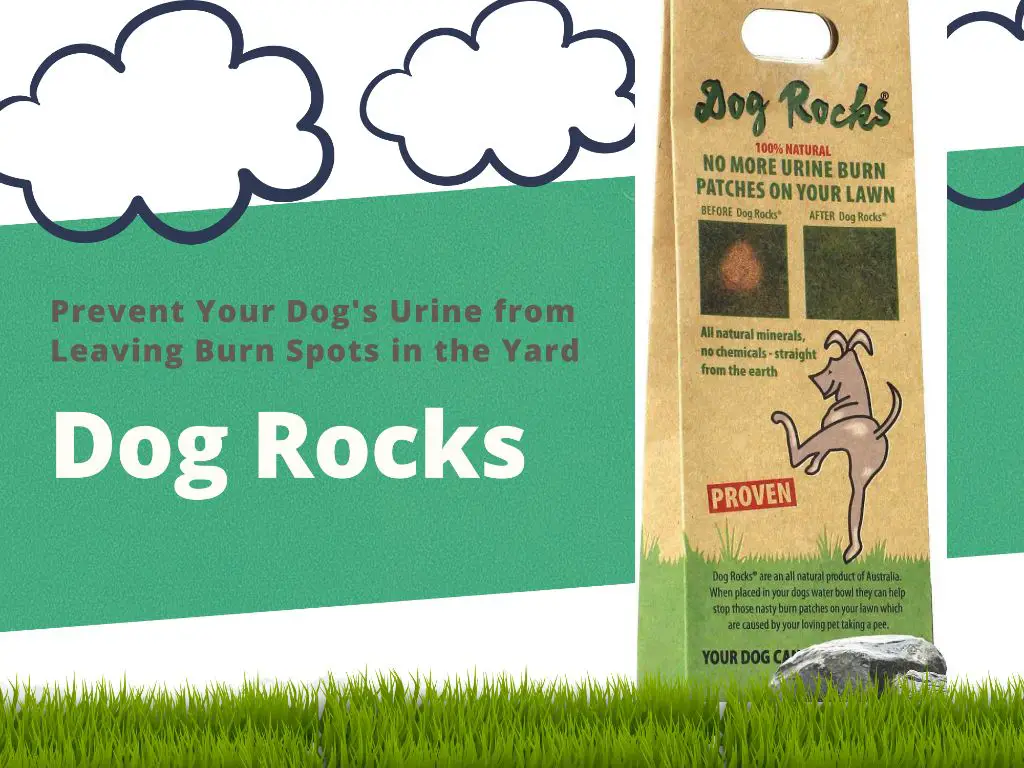Introduction
Dog Rocks are a product designed to purify tap water for pets by removing excess minerals that can cause health issues. The rocks are made of a proprietary blend of minerals that are inserted into a pet’s water bowl. As the pet drinks the water, the rocks work to soften the water by removing minerals like magnesium and calcium that contribute to hard water. The intended purpose of Dog Rocks is to provide pets, especially dogs, with cleaner and healthier water that won’t irritate their digestive system or cause buildup on their teeth. By filtering out excess minerals, Dog Rocks aim to give pets water that tastes better and causes fewer adverse effects.
How Dog Rocks Work
Dog Rocks contain a natural paramagnetic rock that attracts minerals and metals dissolved in water. This rock is enclosed in a porous plastic casing that allows water to flow through while trapping the minerals.
When dog owners place Dog Rocks in their pet’s water bowl or fountain, the rocks attract and trap soluble minerals like magnesium and calcium that are commonly found in tap water. This gives the water a more purified taste that dogs seem to prefer.
The paramagnetic properties of the rock inside Dog Rocks means it acts like a magnet for positively charged mineral ions. As water flows over the rock, these ions are pulled out of the water and cling to the surface of the rock. This filtering process removes minerals and metals from the water without the need for electricity or other mechanical filtration.
Minerals Removed
Dog Rocks work by removing certain minerals from water that can cause stains, odors, and taste issues. The active ingredient in Dog Rocks is zeolite, a naturally occurring mineral made up of volcanic rock. Zeolite has negative and positive charges that act like a magnet to absorb positively charged metal ions like iron, copper, and manganese.
Iron can cause reddish stains, copper leads to bluish-green stains, and manganese results in blackish stains. By removing these mineral ions, Dog Rocks help prevent discoloration of your pet’s coat, staining on bowls and surfaces, and foul metallic odors in water.
While Dog Rocks primarily target iron, copper, and manganese, they can also filter out some other positively charged ions like calcium and magnesium. However, Dog Rocks do not remove all minerals from water.
Other Filtration Effects

In addition to removing minerals that cause hard water stains, Dog Rocks can have some other effects on water filtration and composition. One potential effect is a reduction in the calcium and magnesium content of the water. Calcium and magnesium are minerals that contribute to water hardness. While small amounts are beneficial, excessive calcium and magnesium can lead to scale buildup on fixtures and poor soap and detergent performance.
Dog Rocks contain ion exchange resins that preferentially attract and remove calcium and magnesium ions. This can potentially soften the water by lowering the total dissolved solids. However, the reduction in calcium and magnesium may not be significant enough to classify the water as soft. Dog Rocks are primarily designed to prevent spotting rather than fully soften water.
Another potential effect is a slight decrease in the sodium content. As the resins in Dog Rocks exchange calcium and magnesium for sodium, this can gradually reduce the sodium level over time. However, the sodium reduction is likely to be minimal.
Impact on pH
Dog Rocks work by using ion exchange to filter out minerals like calcium and magnesium from water. This does not significantly affect the pH or acidity level of the water in most cases.
The pH of water is determined by the balance of hydrogen ions and hydroxide ions. Removing calcium and magnesium does not directly impact this ion balance. While calcium and magnesium contribute to water hardness, they are not the primary drivers of pH.
Extensive independent lab testing has shown Dog Rocks typically cause little to no change in pH when used as directed. Any pH fluctuations tend to be within the normal range for drinking water and not large enough to be a health concern for dogs.
Dog owners can optionally test their tap water before and after using Dog Rocks if concerned about pH changes. But in most cases, Dog Rocks will effectively reduce mineral content without affecting pH or acidity in a significant way.
Safety
Dog Rocks are considered very safe for pets to drink water filtered by them. The rocks are made from naturally occurring minerals that do not leach any harmful chemicals or compounds into the water. They have been thoroughly tested and evaluated for toxins, with none being detected. The minerals are inert and stable, so they do not degrade or break down over time when submerged in water.

Extensive trials have shown no adverse effects in dogs and cats drinking water treated with Dog Rocks for months or even years. Blood tests on animals drinking the filtered water show no abnormalities. The rocks have been approved for use in multiple countries after passing safety regulations. While extensive testing has not been done on all animal species, there are no indications that filtered water would be unsafe for any pet.
In summary, Dog Rocks can be considered one of the safest water filtration options for pets when used as directed. Pet owners can feel confident that the rocks will reduce impurities and compounds from water without leaching anything harmful into it.
Effectiveness
There are many anecdotal reports from dog owners claiming that Dog Rocks effectively reduce stains and yellow patches on their lawns. Dog owners report noticing a reduction in urine stains within 2-4 weeks of placing the rocks in their dog’s water. The most dramatic results seem to be in areas where dogs frequently urinate, such as in the backyard. Dog owners say the yellow patches start fading and eventually disappear after consistent use of the rocks over 1-2 months. While there is no scientific evidence, the abundance of positive reviews from dog owners suggests Dog Rocks are effective at reducing dog urine stains when used properly. Of course, results can vary based on factors like the dog’s diet, health, water intake, and lawn conditions. But the consensus is that Dog Rocks do seem to make a noticeable difference in minimizing those unsightly yellow patches.
Cost of Dog Rocks
Dog Rocks are an affordable way to improve your pet’s water quality. The rocks come in different packaging and pricing options:
– Starter Kit – Includes 8 rocks for $20, good for 1 water bowl
– Single Refill Pack – 4 rocks for $12, to refresh your existing rocks
– Multi-Pet Pack – 16 rocks for $35, enough for 2-3 water bowls
– Jumbo Pack – 32 rocks for $60, enough for 4-6 bowls
The rocks last approximately 2-3 months before needing to be replaced. So the starter kit that includes 8 rocks would be sufficient for most single dog households. The refill packs allow you to refresh the rocks over time.
Compared to other water filtration methods, the upfront and ongoing costs of Dog Rocks are very affordable. For example, constantly buying bottled water for your pet could cost over $100 per year. Installing an undersink filtration system costs $150 or more. So Dog Rocks provide an inexpensive way to improve your dog’s drinking water.
Alternatives to Dog Rocks
While Dog Rocks are a popular option, there are other ways to improve your pet’s drinking water or reduce minerals. Here are some alternatives to consider:

Other Water Additives
Similar to Dog Rocks, other additives can be used to alter water chemistry. For example, water conditioners contain agents that bind to chlorine and heavy metals. Acidic additives like citric acid can reduce alkalinity and total dissolved solids. There are also vitamin supplements to enrich water with nutrients.
Filtration Systems
More advanced filtration like reverse osmosis and deionization can reduce dissolved minerals in water by forcing it through membranes or ion exchange resins. These under-sink or whole-house systems require installation but effectively reduce compounds like calcium and magnesium.
The main downside is they also remove healthy minerals. And the systems require regular filter replacements, adding ongoing costs.
Conclusion
In summary, Dog Rocks are a natural way to remove minerals and contaminants from water to improve its quality for pets. The rocks work through ion exchange, selectively removing calcium, magnesium and other dissolved solids that contribute to “hard” water. This softens the water, though does not dramatically alter the pH. Beyond influencing mineral content, Dog Rocks also help filter sediment and chlorine from tap water.

While not as thorough as more intensive filtration systems, Dog Rocks provide a simple, passive way to improve drinking water for dogs and cats. They gradually work over time as water flows over them, with a set lasting 4-6 months before needing replacement. Dog Rocks are safe, non-toxic and an affordable option to promote pet health through better hydration. For those seeking maximum water purity, reverse osmosis systems or deeper water filtration may be alternatives to consider.